October is National Energy Awareness Month as designated by the U.S. Department of Energy, and October 6th is Energy Efficiency Day.
Join Henrico Energy Management to celebrate on Wednesday October 6th from 11:30-1:30 in conjunction with the food trucks in the plaza between the Administration Building and the parking deck. Henrico Public Works, Henrico Libraries, Henricopolis Soil & Water Conservation, and Keep Henrico Beautiful will also be there to share information on their environmental programs. Insulated lunch bags (for first 100 visitors) and other fun gifts will be available. Please wear a mask when interacting with the representatives at the tables. If weather or health conditions cancel the food truck event, then the energy event will also be cancelled.
Energy Awareness Month is an opportunity to focus on the ways we use energy in our lives, and to be reminded of ways to save energy that we can practice all year round. Reducing energy use not only saves money, it also has environmental benefits such as improving air quality and conserving natural resources. There are three main energy awareness strategies: conservation, efficiency, and renewables. Here are some ideas to consider:
- Conservation – reducing energy use through simple behavior changes such as:
- Turning off lights that aren’t needed
- Setting back the thermostat
- Unplugging chargers and electronic devices when not in use
- Using power-saving settings on computers and printers
- Efficiency – making upgrades to perform the same tasks with less energy such as:
- Changing out older light bulbs to LEDs,
- Adding insulation or weatherstripping to keep conditioned air in
- Installing smart devices that adjust/turn off automatically
- Replacing inefficient HVAC equipment with new efficient models
- Renewables – changing from traditional utility energy to more sustainable renewable sources:
- Evaluate homes, businesses, and institutional buildings to see if they’re good candidates for solar systems
For more information about saving energy at your home or business, there are two local non-profit organizations that offer energy education, energy audits, efficiency measures, and support to go solar. Find resources at Viridiant at https://www.viridiant.org/ and Local Energy Alliance Program at https://leap-va.org/.
To learn more about what Henrico County is doing for energy, sustainability, and the environment, go to https://henrico.us/go-green/. If you have any questions, please contact Henrico’s Energy Manager Carrie Webster at 804-501-5763 or [email protected].
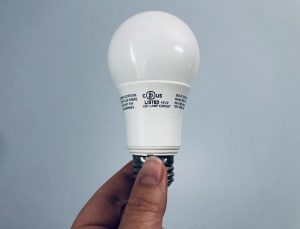
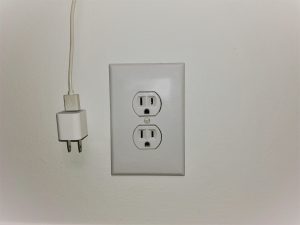
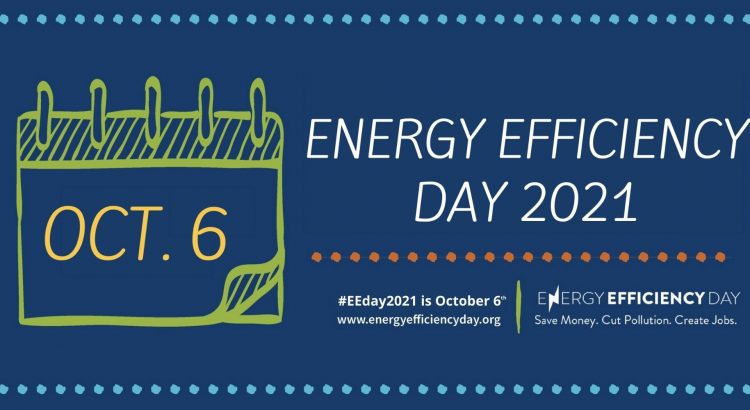

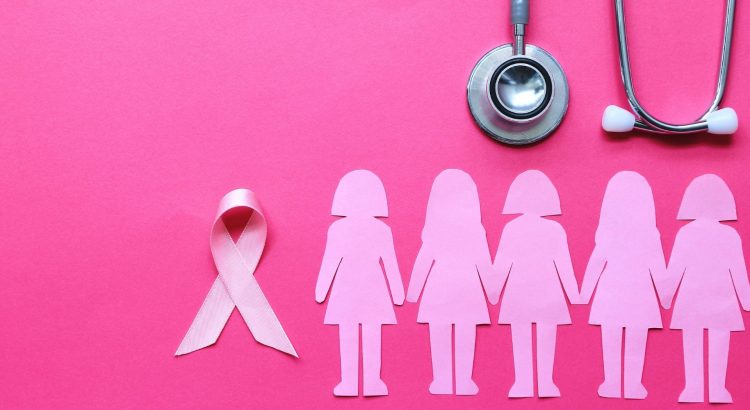
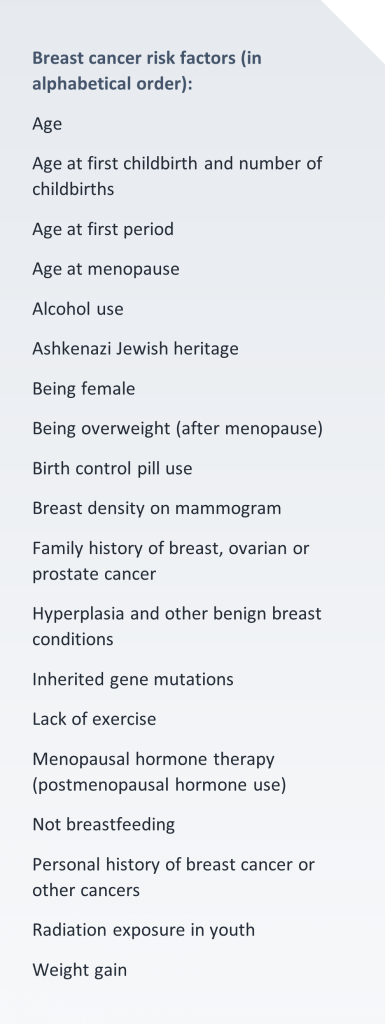 The exact causes of breast cancer are not fully known. No one knows why one person gets breast cancer, yet another doesn’t. However, some things increase (or decrease) the chance of getting breast cancer, called risk factors.
The exact causes of breast cancer are not fully known. No one knows why one person gets breast cancer, yet another doesn’t. However, some things increase (or decrease) the chance of getting breast cancer, called risk factors.